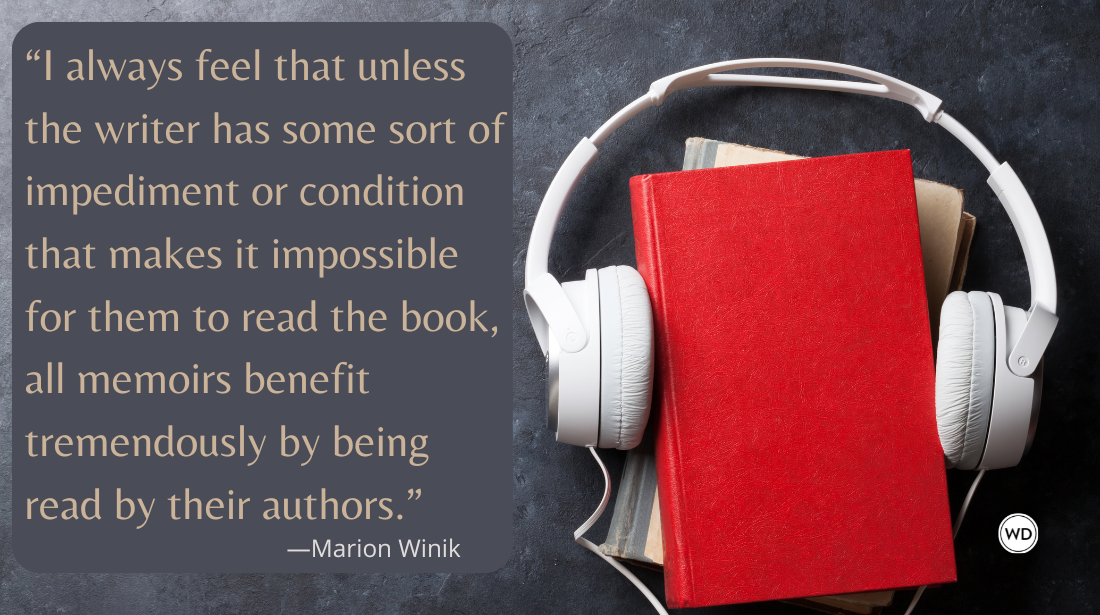The Roeder Report:Fiction to Film
How to Write Fiction That’s Ready For the Big Screen. by Jason Roeder
Why do we do it? All the hours we writers spend with no company other than our thoughts and our words, and for what? Some of us want to leave something behind when we’re gone—an account of the times we lived in, a statement that future generations will find a cat sleeping on in a used bookstore. Some of us just can’t help but create. Whatever drives us, our aspirations always seem to collide with the demands of our burdensome careers and families.
But write a book that gets made into a multiplex moneymaker, and you’ll have all the time you want. It’s not just about the cash—is there a higher compliment for an author to overhear than, “Yeah, the novel was pretty much like the movie, but luckily the director took out some of the boring stuff in the middle”?
Hollywood already has screenwriters, but that doesn’t mean you can’t write a book that gets a studio’s attention. Just keep the following three elements in mind:
Actors: Directors are always grateful to have writers with zero showbiz acumen cast their movies for them; on the other hand, you’re still writing a novel, and you don’t want your recommendations to taint your narrative. You need to write in a way that’s reader-friendly, but that also speaks to Hollywood insiders. And that, admittedly, takes some finesse.
Tasha had seen him before. Of all the lowlifes she encountered in this job, none looked more like Russell Crowe or Daniel Craig—possibly Clive Owen, though I’m just not seeing that quite as well.
Merchandise: An important secondary revenue stream. Try to give one of your main characters a funny catchphrase that can be incorporated into the screenplay and then carried over to electronic key chains and action figures. If you had written Crime and Punishment, for example, you would have had 500 pages to work with—plenty of room for Raskolnikov to say, “Where’s the party, hombres?” 30 or 40 times.
Sequel Potential: One movie is an achievement, but a trilogy is a triumph. Sure, One Flew Over the Cuckoo’s Nest was made into an award-winning film—but only one. Unfortunately, the ending of both the book and the movie, while memorable, didn’t really beg for a sequel. But a small reworking of the novel’s last page would make it perfectly clear that Chief’s adventures were just beginning.
I remember taking huge strides as I ran, seeming to step and float a long ways before my next foot struck the earth. I was flying, and I couldn’t help wondering if my old buddy Danny Ocean would recruit me to help rob a casino.









